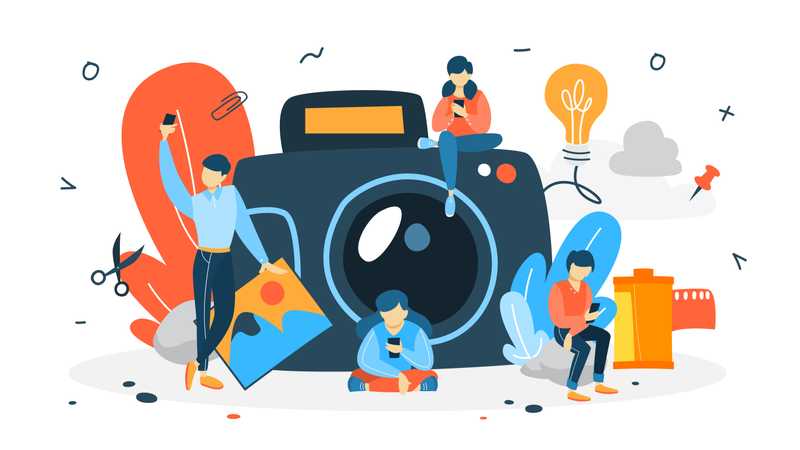Learn which careers are ideal for you based on your Myers-Briggs personality type.
ISFP is one of 16 different personality types from the Myers-Briggs Type Indicators (MBTI). ISFPs represents about 9% of the general population (8% of men; 10% of women). Famous ISFPs include singers Michael Jackson and Paul McCartney, and film director Steven Spielberg.
On this page, we’ll help you get a better understanding of ISFP strengths, weaknesses, and the best ISFP career choices.
Doesn’t sound like you? Learn more about the best careers for your MBTI personality here.

What Does ISFP Stand For?
ISFP stands for Introvert, Sensing, Feeling, and Perceiving.
Also known as the Artist, ISFPs are flexible, spontaneous, and live in the present moment. They have a strong affinity for aesthetics and seek beauty in their surroundings.
Most ISFPs have a natural talent for the arts and are deeply attuned to their sensory experience. They tend to respond to events and people according to how they feel or how it fits in with their value system. ISFPs are unusually gifted at creating things that will affect the senses, such as artwork, music, or films.
People with this personality type have a high-risk tolerance as they are often overcome with “lucky” gut feelings. Interestingly, many ISFPs struggle with formal education because they feel it is rigid and inhibits their creativity—an important thing to keep in mind when considering ISFP career options.
ISFP Personality Strengths & Weaknesses
| Strengths | Weaknesses |
|---|---|
| Spontaneous | Indecisive |
| Unconventional | Unpredictable |
| Bold | Easily bored |
| Principled | Rarely plans for the future |
| Imaginative | Overly competitive |
What Careers Are Best for ISFP Personalities?
Below you’ll find a mix of the best tech careers for ISFP personality types.
- Web developer. Web developers create websites that are visually appealing and easy to use. They must have a strong grasp of aesthetics and visual design, making this a strong career path for ISFPs. Front-end web developers use programming languages like HTML, CSS, and Javascript to organize information and design visual and interactive elements that we see on a website. Back-end developers create and maintain databases that enable users to query information through a browser.
- UX designer. UX designers conduct research and usability testing to design products and services that put the user’s needs first. With their gift for creating things that affect the senses, ISFPs know what makes people tick. They also thrive on variety, and a UX designer’s work is always changing.
- Multimedia artist/animator. Graphic art and computer animations are widely used in games, movies, TV shows, corporate videos, and advertising. Tech companies like Apple and Samsung commission animators to produce promotional videos, 3D renderings of their products, AR/VR animations to create interactive experiences for consumers.
- Interior designer. Interior designers design residential and commercial interiors to help clients express their personality or brand identity. They select colors, textiles, artwork and decorative objects, lighting, and furniture. With a natural affinity for aesthetics, ISFPs can exercise their creativity. Interior design can be a potentially high-paying job for ISFPs, especially if they start their own business.
- Brand manager. Although it’s an office, brand management represents a hands-on, creative role that also allows ISFP to exercise their love of aesthetics—a must for any ISFP career match. Brand managers are the creative voice of a brand, working with multiple teams on advertising, promotions, marketing, and social media. They are responsible for ensuring that the products under their purview appeal to existing and prospective customers.
How Does Springboard Help ISFPs Achieve Their Career Goals?
Tech professionals solve big, unwieldy problems every day, working with big data and emerging technologies to make our world a better place. But even innovation needs a logical, systematic approach, that’s where you come in.
- Yes, creatives can work in the tech industry too. In the tech industry, you get to work on projects that improve the way people work and play. Tech companies need creative problem-solvers like you. Springboard’s UI/UX design and software engineering courses get you job-ready in nine months.
- Get the help and guidance you need. You’re always brimming with ideas and creative visions, but you’re not sure where to start; share them with your personal mentor. During the course, you’ll have regular calls with a mentor, a professional who works in your chosen field. Your mentor can help you with assignments, job search strategy, and provide industry insights.
- Study on your own time, at your own pace. Rigid classroom environments turn you off—Springboard gets it. Learning at your own pace, you can get access to 1:1 career coaching and mentorship when you need it. Your mentors can help you with assignments and job search strategy, as well as provide industry insights.
Since you’re here
If you want to work in design, you can. It’s that simple. With our UX Bootcamp, we’ll help you launch your design career in 9 months or less. Browse our free UX salary guide to see what you could be making



